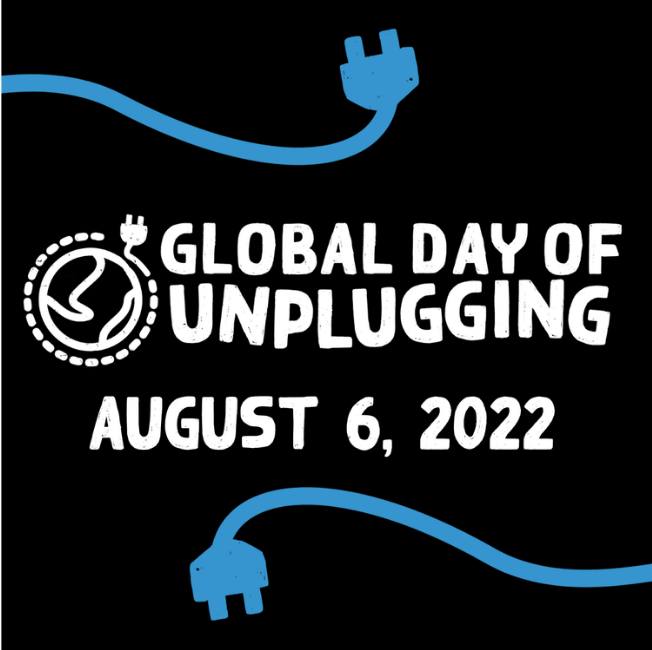An agile development process is not important. An agile end result is. If your organization realizes a benefit from an agile methodology, that only helps you during the relatively short development process. But if you build something that can easily be re-configured and changed, that benefits you for the year or decades that you are running the system.
You would think that a digital billboard would be agile. The whole point is that it can display whatever you want. But German advertisers and shops have just realized that their display screens have very narrow agility. A new law requires these energy-guzzling billboards to be switched off at night to save electricity. It turns out that all the devices were built on the assumption that they would always be on, and they do not take kindly to store employees simply yanking the power cord when they go home.
To achieve agility in your products and systems, you need to avoid hard-wiring your assumptions into them. The only thing you can safely assume is that everything will eventually have to be changed.










